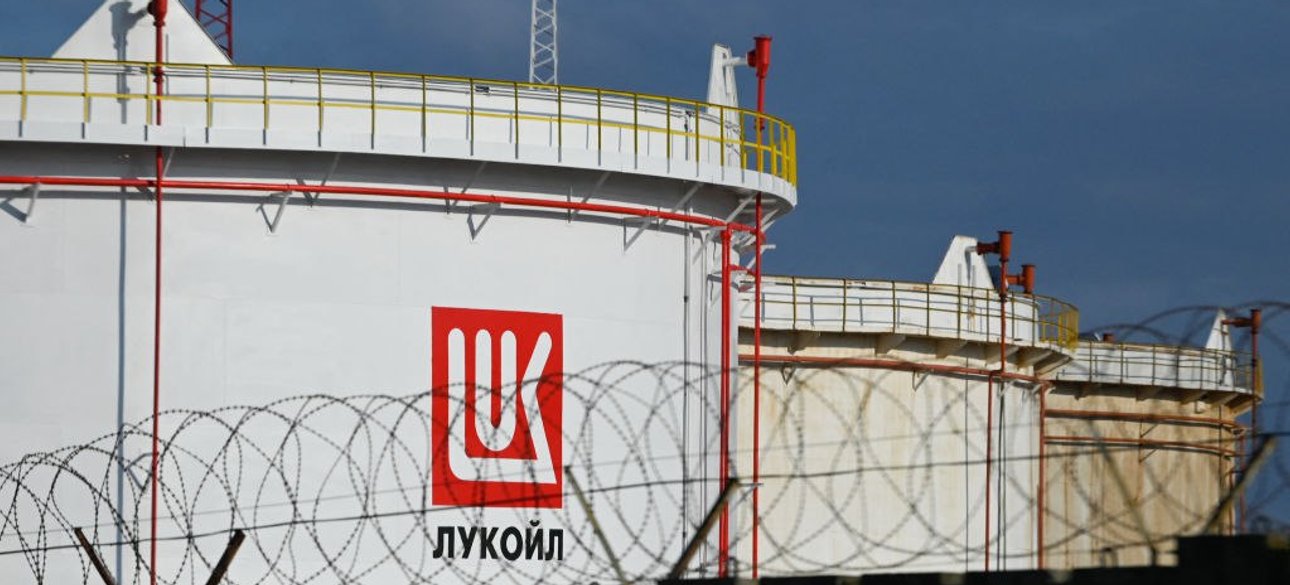
 By Victor Duda
By Victor Duda
What and where will Russia lose? In October 2025, the administration of Donald Trump introduced the toughest sanctions against the Russian oil industry in the last two years. Rosneft and LUKOIL, as well as dozens of their subsidiaries, were subject to restrictions. Any financial transactions, investments or technology exports are prohibited. Washington's goal is to reduce the Kremlin's energy revenues.
The second largest company in the Russian Federation, which until recently controlled up to 20% of Russian production and had a wide network of assets around the world, was under attack. Fearing sanctions, LUKOIL announced the sale of its foreign assets. What exactly are the assets and what can the corporation get rid of? The company explained the decision to sell off as "the inability to continue operating within the current OFAC licenses.
" According to Reuters, AP News and bne IntelliNews, it is about a complete exit from foreign projects. A list of the main assets I found (it is not exhaustive): Combined, these assets provided more than 15% of the company's global mining capacity and a stable currency flow. The announcement of the sale caused a sharp reaction from investors. Against the background of the news, shares of LUKOIL fell by -13. 95% for the week. This is the biggest drop since 2022.
Experts explain this not as a short-term panic, but as a reassessment of risks: the company loses geographic diversification, foreign exchange earnings and partners, and replacement of Western assets with new ones is practically impossible. Will LUKOIL be able to sell assets to fake persons? In fact, the answer depends on geopolitical factors. That is, in what kind of relationship are the respective states with the USA and whether they want to take risks.
That is, pseudo-selling in the EU and the USA is rather questionable, and to Africa, Latin America and the CIS, it is possible only in certain cases. Losses — not only for the company, but for the state. Moscow loses control over part of the infrastructure that ensured exports through Bulgaria, Kazakhstan and Iraq. Foreign exchange earnings are decreasing, "soft power" is falling - due to the closing of gas stations and reduced presence in Africa and the Middle East.
Europe gets a chance to buy out or nationalize oil refining facilities — Bulgaria is already preparing a law on state control of the Burgas refinery. Kazakhstan can redistribute stakes in projects in favor of Chevron and KazMunayGas. In 2024, LUKOIL has already suffered write-offs of 93. 3 billion rubles, of which more than 50 billion are precisely due to the loss of foreign assets.
RBC Ukraine estimates the market capitalization loss of the company after sanctions at 83 billion rubles in two days. International analysts from UBS and IEA believe that the company could potentially lose up to 25% of its production capacity in the event of the sale of all projects outside the Russian Federation. "This is not a collapse, but the beginning of a structural reduction of Russia's oil presence in the world," says UBS analyst Giovanni Staunovo.
Thus, Trump's sanctions force Russian business not just to "adapt" but to retreat. Russia is starting to disappear from the global energy map, not because oil is running out, but because no one wants to buy it anymore, along with the Kremlin's risks. In addition, any energy enterprise abroad is one of the elements of an "energy superpower".
After all, a clientele loyal to Russia and its interests is forming around the asset — workers and family members, trade unions, contractors and service organizations, local and national level officials. In addition, part of the income is spent on the legal and illegal strengthening of Russian influence — from financing "Russian Houses" to contributions to election funds.










All rights reserved IN-Ukraine.info - 2022